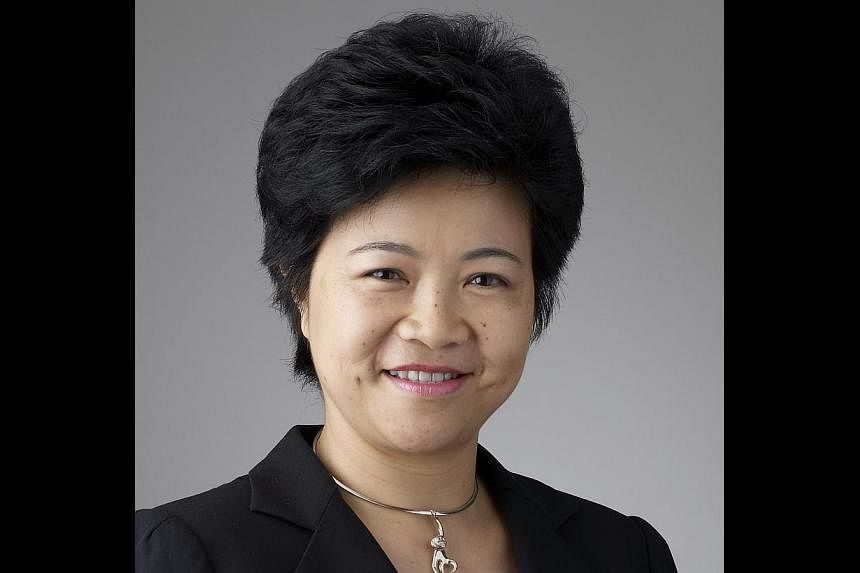This is an excerpt from the book The Big Ideas of Lee Kuan Yew, published by Straits Times Press.
YONG YING-I
Permanent Secretary (Public Service Division), Prime Minister's Office
Mr Lee also paid attention to issues that can be overlooked but that have great impact, for example, clear communication.
During a meeting in February 1979, he gathered permanent secretaries and "everybody who has to do with the drafting of minutes, memoranda, Cabinet papers and other documents that go up to ministers" to discuss the "importance of simple, clear, written English".
Mr Lee said at the meeting:
"When you write notes, minutes or memos, do not write in code, so that only those privy to your thoughts can understand. Write so simply that any other officer who knows nothing of the subject can still understand you."
When he visits various parts of Singapore, he is known to call up senior public servants to ask about matters as varied as why this tree is doing poorly and why that area is so dirty and poorly maintained. He would send memos. As an example of his penchant for details, he wrote in 1969:
"Zoo Negara says that it costs $210 a month to feed a rhino, $200 a tiger or a lion, and $160 a polar bear. I do not believe sick dogs being shot can form a substitute for a regular meat supply, which will have to be paid for. There are very few zoos in the world which are successful and I am doubtful of the wisdom of starting one in Singapore."
On another occasion in the 1960s, Mr Lee wrote to the permanent secretary for National Development:
"We spoke the other day about the maintenance of jets, nozzles and pressure of all our public fountains. Make sure something is done to see that pressures are maintained and nozzles kept clean, every six months or year as the case may be, and the pattern never altered."
Wong Woon Liong, former director-general of the Civil Aviation Authority of Singapore, remembers that Mr Lee wanted from the management a weekly report of the state of cleanliness of the toilets in Paya Lebar Airport. Since the boss wanted a weekly report, Wong decided he had better ask for a daily report. And since he wanted a daily report, the director for operations asked for an hourly report. So that is why we have clean toilets in airports - a tradition that continues today at Changi Airport.
I myself had quite a few personal encounters with Mr Lee in my previous posting as Permanent Secretary for Health. I can confirm his attention to detail and concern for high standards.
He gave me feedback about the choice and quality of trees planted on the SGH (Singapore General Hospital) campus in Outram and at Tan Tock Seng Hospital in Novena.
When I accompanied Mr Lee to visit the new Khoo Teck Puat Hospital a few years ago, he asked the hospital chief executive numerous questions about health-care delivery and serving patients.
He then asked me about the problems with the building design. For example, he wanted to know whether the corridors got wet when it rained - they did - and whether the building might be less warm if we improved the planting of creepers down some of the walls. He even wanted to know whether the pond next to the hospital flooded and overflowed to the hospital when it rained. The answer, fortunately, was no.
This attention to detail by the boss matters. If the boss cares, everybody else up and down the line cares. If the boss does not care, standards can begin to slip.
Pragmatism, not ideology
BESIDES a culture of excellence undergirded by public spiritedness and an emphasis on implementation, Mr Lee also believed in pragmatism, not ideology.
This includes how he saw the partnership between the public service and the political leadership in serving Singapore. In 1959, he spoke to civil service leaders to make clear his expectations of how politicians and civil servants were to work together in serving Singapore:
"My theme to you is simply this. You and I have a vested interest in the survival of the democratic state. We the elected ministers have to work through you and with you to translate our plans and policies into reality. You should give of your best in the service of our people. Whatever your views on socialism, capitalism, liberalism, communism, whether they be progressive or conservative, your task and mine for the next five years are exactly the same: that is, to demonstrate that the democratic system can produce results.
"It is in our interest to show that under the system of 'one man, one vote' there can be an honest and efficient government which works through an efficient administration in the interests of our people.
"If we do not do our best, then we have only ourselves to blame when the people lose faith, not just in you, the public service, and in us, the democratic political leadership, but also in the democratic system, of which you and I are working parts...
"I am confident that... you will respond to the urgency of the task. The mass of the people are not concerned with legal and constitutional forms and niceties. They are not interested in the theory of the separation of powers and the purpose and function of a politically neutral public service under such a Constitution.
"As far as they are concerned, in May 1959... they did elect their own government in order that there might be a better world for them and their children."

